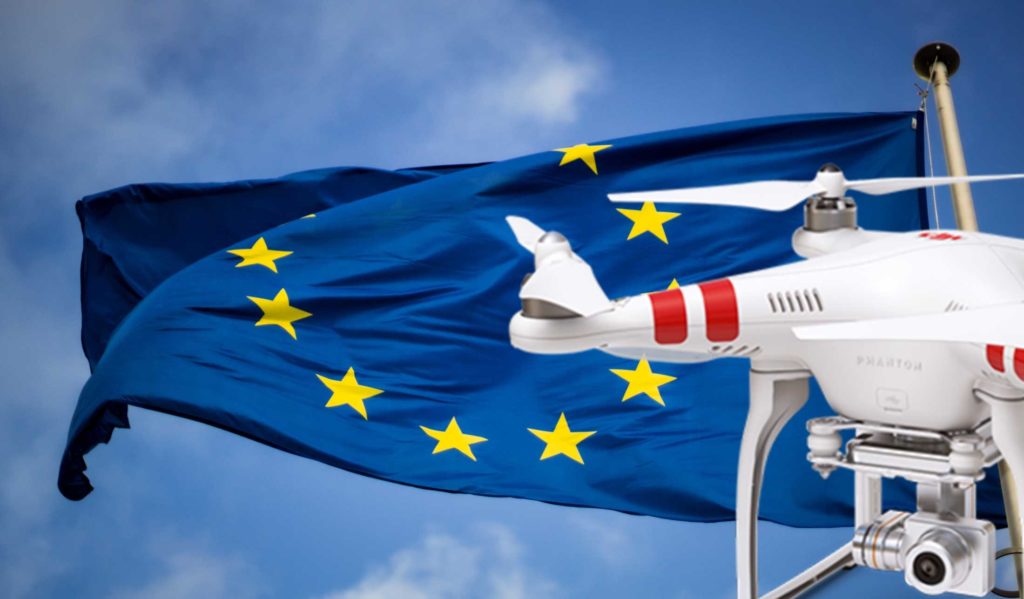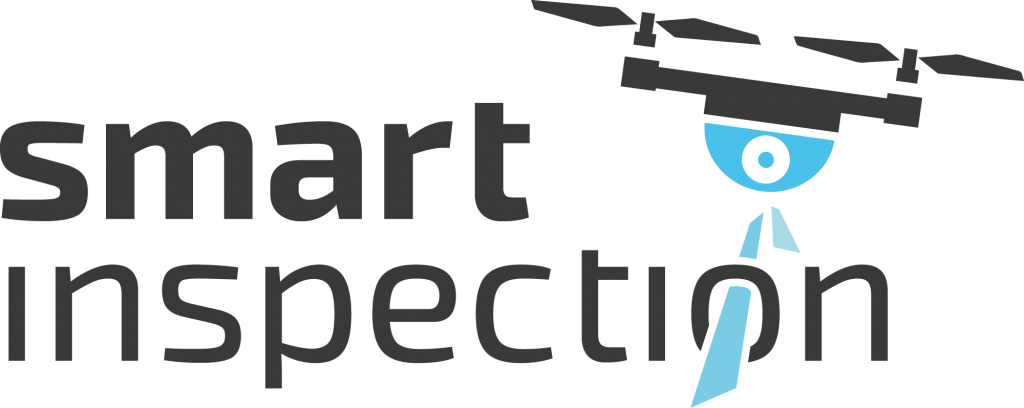Unmanned aircraft, commonly called drones, have huge potential for the development of innovative and practical applications in a wide range of business areas. They will contribute to creating new businesses and jobs and will further develop existing industries and business sectors. Besides the huge advantages in the business world, drones developed to be a popular device in the leisure industry.
As a fact, the interest in drones increases steadily, with a corresponding increase for businesses and private persons to also seek more insights and information about the regulations and standards related to drone operations. Awareness is being built towards potential risks and safety issues.
These factors made the development of common standards regarding drone operations for all EU Member States crucial.
Recent developments
In June 2019, the EU published common European rules on unmanned aircrafts.
‘Unmanned aircraft’ means any aircraft operating or designed to operate autonomously or to be piloted remotely without a pilot on board (Art 30 lit 30 of the Regulation 2018/1139/EU).
In particular the (I) Commission Delegated Regulation (EU) 2019/945/EU and the (II) Commission Implementing Regulation (EU) 2019/947/EU should lead to common security and safety standards for drone operations. The new rules will apply gradually from July 1st 2020.
What advantages and changes do the new Regulations bring? What are the reasons and motives for the new legislation?
Basis of the new regulations
Both regulations find their basis in the Regulation 2018/1139/EU, which sets common rules in the field of civil aviation and establishes a European Union Aviation Safety Agency (EASA).
Besides that, the Regulation 2018/1139/EU introduces essential requirements for drones, such as the requirement, that drones must be safely controllable and maneuverable. When operating a drone the operator should be responsible and should have knowledge and skills proportionate to operating the drone safely. A safety occurrence reporting system should be established by organizations involved in drone design, production, maintenance, operations, related services and training. Unmanned aircrafts need to be registered inter alia if they are able to transfer more than 81 Joules of kinetic energy upon impact with a person or if the operation presents risks to privacy, protection of personal data, security or the environment.
In order to ensure the compliance with the essential requirements and uniform implementation in regard to unmanned aircraft Regulation 2018/1139/EU called for the adoption of implementing acts by the Commission laying down detailed provisions for unmanned aircrafts.
Furthermore, the Regulation 2018/1139/EU explicitly called for a delegated regulation in regard to the design, production and maintenance of unmanned aircrafts.
Intentions and motive of the new regulations
In latest years, traditional aviation has been challenged by the development of unmanned aircrafts. In December 2017 the EU Member States extended the EUs competence to set regulations for all unmanned aircraft systems (UAS), except those for state operations.
In order to foster the European drone market, to ensure free circulation of drones and a level playing field within the EU the unification of regulations is crucial. A great deal of importance is also attached to reducing air and ground risks – such as the collision between unmanned aircraft and manned aircraft or the collision with infrastructure or persons.
Balancing the obligations between drone manufactures and drone operators the regulations’ focus also lies inter alia on the respect of privacy, the environment and protection against noise.
Furthermore, the new regulations pursue the goal for operators, weather professional or recreational, to have a clear idea of what is allowed and not.
New regulations
The focus of the Commission Delegated Regulation (EU) 2019/945/EU is to set the requirements for the construction and the production of unmanned aircraft systems (UAS) and of remote identification add-ons.
The focus of the Commission Implementing Regulation (EU) 2019/947/EU is to lay down provisions for the operation if unmanned aircraft systems as well as for personnel, including remote pilots and organizations involved in those operations.
Overall the new regulations contain the operational and technical requirements that drones will have to meet. As mentioned above, two of the key aspects are safety and privacy. Drones will have to be individually identifiable, opening the possibility for authorities to trace a drone if necessary.
The “new” authorizations in the Member State of registration will allow operators to use their unmanned aircrafts cross border. This transboundary approach not only brings great facilitation for recreational operators when traveling across the EU, but also it promotes the development of cross boarder businesses in the EU.
New classification
The new regulations bring a new classification system for unmanned aircrafts – unifying the classification system in all EU Member States. There will be the following categories:
“open” category – divided in subcategories A1, A2 and A3;
“specific” category;
“certified” category.
The different categories call for different requirements for operation, certifications, registration, etc. More to this in our next drone blog. Stay tuned!

